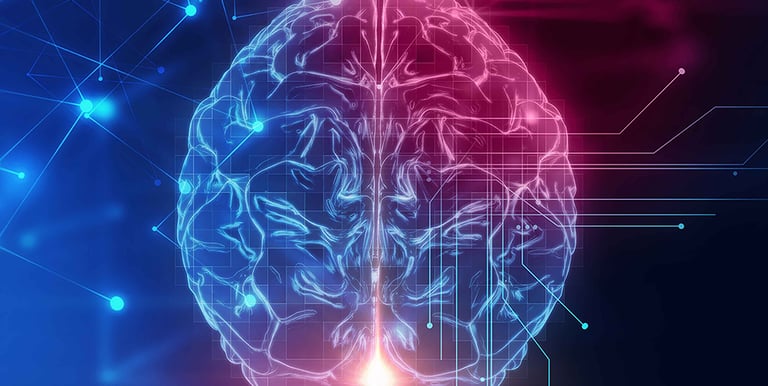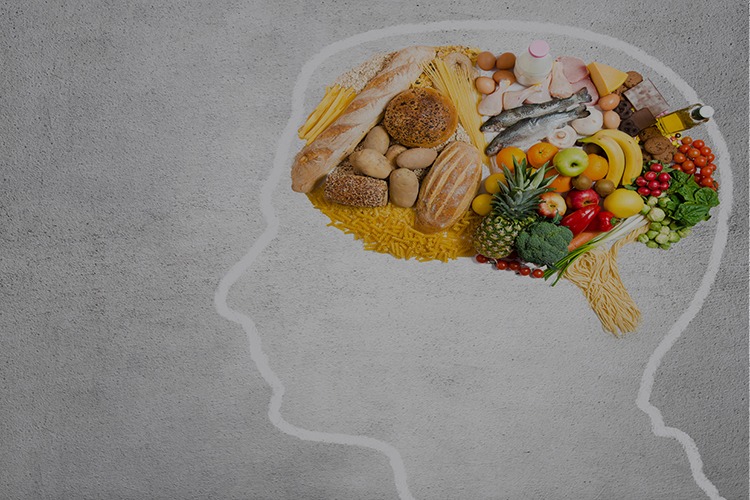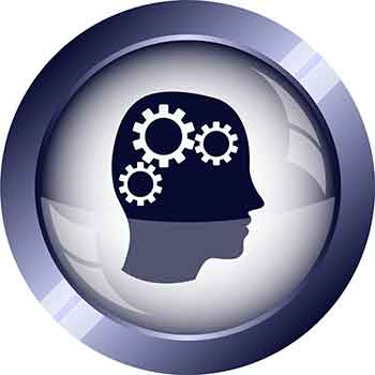Evidenced Based Relief From Vertigo


Cutting Edge Research And Treatment Applications - So You Can Get Your Life Back
Vertigo
Does this sound like you ?


Spinning or swaying sensation (you or the room feels like it’s moving)
Loss of balance / unsteadiness, risk of falling
Nausea and/or vomiting
Feeling light-headed or faint
Blurred or unstable vision (eyes can’t “lock on”)
Sensitivity to head movement (turning or looking up makes it worse)
Getting To The Root Cause Of Your Vertigo




Cervical Spine Assessment
Assessing the cervical spine is essential to identify cervicogenic contributors, muscle tension, joint dysfunction, and nerve irritation that amplify vertigo pathways, guiding therapy and rehabilitation.
Symptoms Assessment
We systematically assess the frequency, severity, and duration of your vertigo attacks, alongside triggers and impact on daily function, during your tailored vertigo discovery consultation.
What's In A Discovery Consultation ?
1
2




Lifestyle Assessment
Lifestyle assessment maps sleep, stress, diet, hydration, caffeine, alcohol, hormones, activity, screen-time and routines, revealing triggers and patterns to tailor interventions, support adherence, prevent relapse.
Neurological Assessment
A focused neurological assessment identifies red flags, localises dysfunction, evaluates cranial nerves, balance, reflexes, sensation and eye movements, clarifying diagnosis, excluding pathology, and tailoring treatment.
3
4




Brain Scan
Brain imaging isn’t routine; it’s reserved for red flags or atypical features to exclude secondary causes—tumour, haemorrhage, structural lesions—guide urgent referrals, and provide diagnostic reassurance.
Blood Chemistry Analysis
Blood chemistry clarifies hidden drivers—anaemia, thyroid dysfunction, glucose instability, inflammation, electrolyte imbalance, liver/kidney issues, B12 and vitamin D deficiencies—informing treatment, reducing triggers, and guiding personalisation.
5
6
Optional
How We Are Different
The mainstream approach vs the drug free approach




Neurogenics Approach
Mainstream Approach
temporary pain relief
medication dependant
one size fits all
symptom suppression
root cause drug free approach
personalised brain health plans
long term solutions
multiple health benefits
Targeted Treatments
Cranial Osteopathy


Cranial osteopathy uses gentle, precise techniques to ease strain in cranial sutures, dural membranes and cervical tissues that can sensitise vertigo pathways and trigger vertigo. By improving cranial rhythmic motion, venous and lymphatic drainage, and autonomic balance, it may reduce vertigo intensity and frequency, relieve neck/jaw tension, enhance sleep, and complement vestibular and lifestyle interventions. Comfortable, suitable alongside medical care.




Brain Based Nutrition
Optimal nutrition helps calm vertigo prone brains by stabilising blood glucose, reducing neuroinflammation, and supporting mitochondrial energy. Priorities include regular protein-rich meals; hydration and electrolytes; Identifying food triggers (e.g., alcohol, excess caffeine, histamine/tyramine foods) and correcting gut issues improve signalling along the gut–brain axis—enhancing resilience, lowering attack frequency, and aiding recovery.
Nutritional and Herbal Medicine
Targeted nutritional and herbal medicines can reduce vertigo frequency, duration and severity by correcting nutrient deficiencies, calming neuroinflammation, stabilising blood sugar, supporting mitochondrial energy, modulating neurotransmitters, regulating hormones, improving sleep, restoring gut function, and boosting stress resilience to prevent triggers and support long-term brain stability.
Brain Based Rehab


Brain-based rehabilitation reduces vertigo frequency, duration and severity by retraining neural networks, improving vestibular and oculomotor control, enhancing sensory integration, regulating autonomic tone, and strengthening cortical inhibition. Custom exercises build neuroplasticity, stabilise triggers, improve balance, vision and resilience, supporting relief.




Sleep Management
Sleep management is essential in vertigo care. Poor sleep destabilises brain chemistry, lowers pain threshold and drives inflammation. Restoring consistent, high-quality sleep regulates hormones, calms the nervous system, improves recovery, and helps reduce migraine frequency, duration and severity over time.
Stress Management
Stress management is critical in vertigo treatment. Chronic stress elevates cortisol, which disrupts sleep, blood sugar, inflammation and vascular tone, all of which lower the brain’s pain threshold. Reducing cortisol through relaxation, breathwork and lifestyle stability helps cut migraine frequency, duration and severity.
Ready To Find Lasting Relief ?
Book your discovery consultation today and take the first step toward a headache-free life.
£85 | 60 mins
You Deserve Better
Subscribe to our Brain Wellness newsletter
And learn how to protect and optimise the wellness and longevity of your brain
